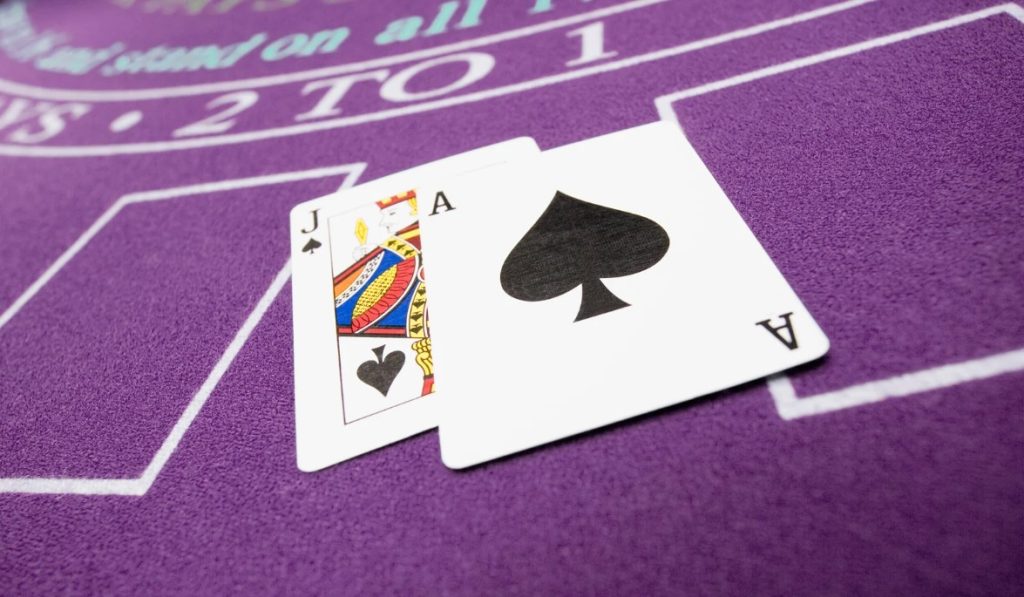
While luck certainly plays a role, poker is far more than a game left up to chance. Professional poker players have long known that skill, strategy and experience are much bigger determinants of success over the long run compared to simply relying on good fortune.
There’s a misconception among casual players and observers that poker is like other gambling games where the outcome is predominantly down to luck. But serious poker involves analyzing situations, calculating odds, gathering information from your opponents, and making well-reasoned strategic decisions based on probabilities.
One of the keys to poker is having a strong understanding of odds and house advantage for different starting hands. Knowing when to fold based on the likelihood of improving your hand and avoiding marginal situations will keep your losses to a minimum over time. Managing your bankroll correctly and avoiding tilt from bad beats is also an important skill.
The psychological factors involved also require skill. Poker is as much a mental game as it is about probabilities on the table. Experienced players have learned to read tiny tells from opponents to pick up useful information. They can also disguise their own emotions and intentions through a talent called “poker face”.
While beginners’ luck may prevail occasionally, skill will almost always beat luck in poker in the long run. Some players are so talented that they can sustain a solid win-rate and make a very comfortable living from the game professionally. The best players continue improving by studying strategies, reviewing hands, getting coaching, and learning from victories and mistakes.
While luck is an inevitable part of poker, it’s a common misnomer to consider it purely a game of chance. In reality, those who succeed most are often those who have mastered the strategic and mental aspects through experience, study and practice over many hands of play. Skill remains the determining factor for who comes out ahead over countless hours at the table.
Best websites to learn how to play poker
Here are some of the best websites for learning poker:
- Run It Once Poker – High quality video courses and coaching from elite poker pros. Comprehensive training on strategies, mental game and more for cash games and tournaments.
- Upswing Poker – Highly rated training site with courses tailored for different skill levels. In-depth tutorials on pre-flop, post-flop, bankroll management and more.
- PokerCoaching – Offers training videos and software to track stats/hand histories. Courses cover no-limit hold’em, table selection, advanced concepts. Can get certified as a Poker Coach.
- Red Chip Poker – Great for beginners with clear video lessons and loads of interactive quizzes and drills. Teaches poker fundamentals and concepts in an easy to understand way.
- PokerSchoolOnline – In-depth video training on both cash games and tournaments. Topics include pre-flop fundamentals, post-flop play, bankroll management, college poker club guide.
- Poker Strategy – Tutorials and training on fundamentals, mental game, mixed games, short-handed play and more from legendary pros.
- CardsChat – Popular forum for discussion plus training modules with lessons, challenges and homework assignments. Covers a range of stakes and game types.
- DeucesCracked – Emphasis on no-limit cash games with strategies for different stack sizes & playing scenarios. Over 500 videos sorted by skill level and game type.
The psychological aspect of poker is as vital as the cards in your hand.
- Stay Calm: Emotions can be your undoing. Tilted players make mistakes.
- Always Learn: Every hand, win or lose, offers lessons. Pay attention.
- Enjoy the Game: Remember, it’s a game. Relish the challenges it brings.
To wrap it up, poker is a beautiful blend of strategy, luck, and psychology. Whether you’re playing for fun, competition, or the thrill of the win, always approach the table with respect and a desire to learn. It’s not just about the cards in hand, but the mind behind them. Play responsibly, and may the flops be ever in your favor.

